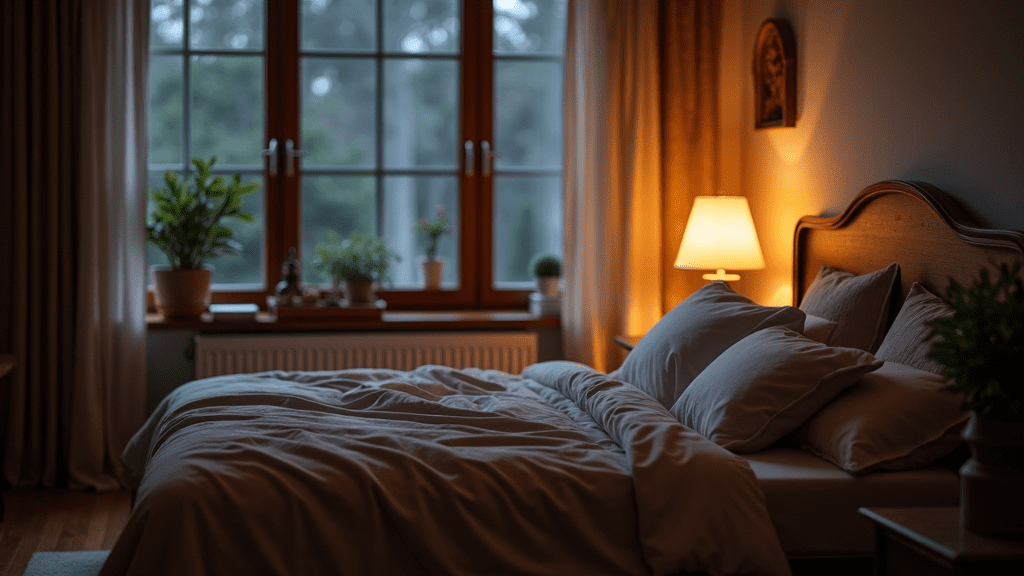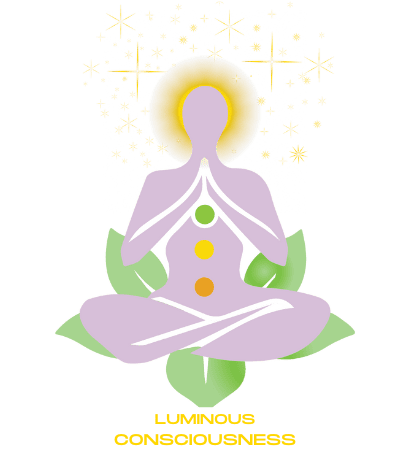Getting a good night’s sleep can do more for your mood than you might think. I’ve seen firsthand how changing up sleep routines can significantly impact how people feel day to day. The connection between sleep and emotions is real. Science keeps backing this up, but it’s something many folks overlook when they’re aiming for a happier mind. I’m going to break down why sleep matters so much for your emotional health, with practical advice and some lesser-known tips you probably won’t find everywhere else.

Why Sleep and Emotions Go Hand in Hand
Sleep isn’t just about avoiding grogginess. Your brain uses sleep much like a housekeeper uses a broom: it sorts, processes, and stores your daily experiences while helping clear out stress hormones. When you miss out on sleep, your brain can’t do this sweep-up job as effectively. That’s when your mood can drop or get unpredictable.
There’s interesting evidence linking deep sleep (that slow wave stage) and REM sleep (the dream-heavy part) to how well you manage emotions. People who don’t get enough REM sleep are often more sensitive to adverse events the next day. Personally, after a string of restless nights, I notice that small stuff, even the annoyed tone of a barista, bothers me way more than usual. This isn’t just perception; studies from the American Psychological Association show that sleep quality directly affects how people respond to emotional stress.
It’s also worth knowing that sleep helps cement emotional memories. Your brain decides what feelings and experiences are important enough to keep. If you’re not sleeping well, your emotional filter gets a bit off, making it harder to shake negative vibes and boosting anxiety. When you start sleeping better, you give your mind space to sort out what matters—leading to a steadier emotional foundation. No wonder getting enough rest can reset your feelings after a particularly rough day.
How Sleep Impacts Everyday Mood and Resilience
Most people know that being tired makes them cranky, but the effects go deeper. Chronic poor sleep is tied to more frequent mood swings, a higher risk of depression or anxiety, and even trouble feeling joy (known as “anhedonia” in psychology).
One thing I often mention when coaching clients is how even one night of poor sleep can disrupt your emotional control. Evidence shows that the brain’s brake system—the prefrontal cortex—gets sluggish without enough rest, while the amygdala (your brain’s alarm system) goes into overdrive. This combination can lead to snapping at coworkers, stressing over minor setbacks, or becoming overly sensitive to criticism.
If you’re working on emotional growth or managing stress, good sleep works like fertilizer for your mind. I’ve seen clients make giant leaps in their ability to deal with life’s curveballs just by fixing up their bedtime routine. Their resilience grows, patience returns, and overall wellbeing lifts.
Beginner’s Sleep & Mood Toolkit
If you’re trying to boost your mood by improving sleep, it pays to get a simple toolkit going. Here’s a quick guide, based on what’s worked for me and my coaching clients:
- Consistent Sleep Schedule: Going to bed and waking up at roughly the same time helps anchor your body’s internal clock. This makes it far easier to fall, and stay, asleep night after night.
- Sleep-focuseddiffersdiffersSleep-focused differs
- Morning Sunlight: Exposing yourself to natural light first thing helps set your circadian rhythm. This means better sleep later and, not surprisingly, more stable moods throughout the day.
- Mindful Journaling Before Bed: This one’s underrated. Taking five minutes to jot down a quick gratitude list, or just some thoughts from your day, can help clear emotional clutter so you sleep more soundly.
Things You Might Not Consider That Affect Sleep & Emotions
I’ve met plenty of folks who nail the basics but still struggle. Here are some lesser-known factors that can trip up your sleep-mood connection:
- Late Night Temperature Swings: Your body sleeps best in a cool room. Keeping the thermostat around 65°F (18°C) can make a big difference, especially if you wake up feeling anxious or restless.
- Caffeine Timing: Everyone knows coffee can mess with sleep, but some people are surprised that even early afternoon cups can linger in your system long after dinner. If you’re sensitive, keep coffee to the morning hour. It occurs due to
- Jet Lag. Wellbeingwellbeing. This happens when your weekend sleep schedule differs by several hours from your weekday routine. It messes with your mind more than you’d expect; your brain stays stuck in catch-up mode, making your mood swings wilder on Mondays.
- Hidden Light Sources: Even tiny slivers of light from electronics (think: alarm clocks, phone notifications) can mess with your melatonin production. Using blackout curtains and putting devices facedown makes a real difference.
My Experience With Sleep, Stress, and Emotional Blips
Back when I started my life coaching career, I was terrible about staying up, answering emails, and thinking about the next day’s agenda. My stress level skyrocketed, and my patience plummeted, even with friends. Tweaking my bedtime habits, keeping tech away in the evening, and practicing a few calming rituals made a dramatic difference. Not only did my energy improve, but I also handled tough conversations and curveballs with much more grace. Clients often report feeling a shift after just one week of consistent sleep tweaks, noticing more focus and fewer emotional ups and downs in daily life.
Small, Science-Backed Habits That Help
No one-size-fits-all answer exists for how many hours are best. Quality makes the most significant difference for emotional wellbeing. Try these micro-habits:
- Wake Up To The Same Sound: Gentle alarms or light-based clocks keep you from waking up in a panic. This helps with morning mood.
- No Wellbeing Deep Jumps: Avoiding heavy topics or stressful emails after dinner can keep your mind from spinning late at night.
- Mini Meditation Sessions: Even just two minutes of deep breathing before bed can slow your heart rate and quiet racing thoughts. There are plenty of free apps and YouTube videos for this.
- Bedroom Scent: Scents like lavender or chamomile are linked to relaxation. A small diffuser has helped me—and many clients—ease into better sleep.
Beyond these small changes, you might consider other tiny tweaks, such as reducing noise in your sleeping area, wearing an eyemask, or using soft music to ease your transition into sleep. These little tools all support the emotional recovery your mind needs at night.
FAQs: Sleep and Emotional Wellbeing
Q: How does sleep the recharge my mood?
A: Sleep lets your brain run routines to manage emotional clutter, reset levels of neurotransmitters, and even “file away” stressful events. This means you’re less likely to carry yesterday’s mood into the new day.
Q: Can better sleep help with anxiety or low motivation?
A: Yes, better sleep often improves both. Anxiety typically spikes when you’re running on empty, and strong, deep sleep is linked to more optimism and better emotional balance.
Q: What’s more important, the amount or the quality of sleep?
A: Both are important, but quality handles emotional health more directly. If you’re tossing and turning for eight hours, focused changes to your routine might help more than simply extending your bedtime.
Q: Is napping helpful, or does it throw off nighttime sleep?
A: Short naps (20-30 minutes) in the early afternoon can boost alertness and lift mood. Long or late naps might make falling asleep harder at night, so watch the timing and length.
Making Sleep Your Ally for a Happier Mind
Taking sleep seriously is one of the simplest and most effective ways to smooth out emotional challenges and enjoy a brighter, more balanced mood. Swapping sporadic sleep patterns for a consistent, personalized bedtime routine is something I’ve seen create real, lasting change in people’s lives. It’s not about being perfect every night. The more you pay attention to simple sleep tweaks, the happier and more resilient your mind becomes. Small shifts add up. If you’ve been putting sleep on the back burner, make it a priority and watch your emotional wellbeing get a serious boost.

